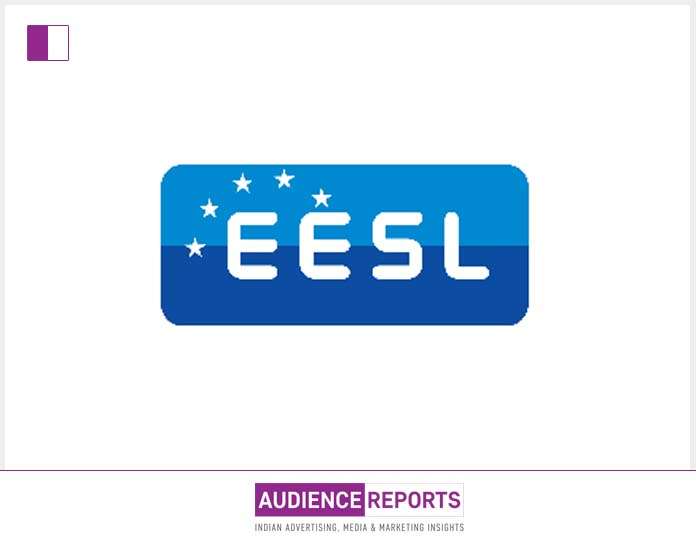EESL has also not been paid the regular annuity of last 6 months amounting to Rs 57.10 crore
EESL has installed 1.72 million streetlights across 140 municipal bodies in Telangana, saving 193 MW of power and cutting 0.81 million tons of CO2 emissions annually.
Hyderabad, October 13, 2024: Energy Efficiency Services Limited (EESL), a joint venture under Ministry of Power, has been left in a precarious financial situation as the Greater Hyderabad Municipal Corporation (GHMC) continues to default on its payments, with a staggering Rs 144.48 crore outstanding. Despite this, EESL has continued to fulfill its commitment to the people of Hyderabad, ensuring that 5.48 lakh LED streetlights are maintained and operational across the city.
Although EESL’s contract is valid until April 2025, GHMC has issued a tender for the procurement and supply of 15,000 new streetlights at a cost of Rs 3 crore to meet its obligations, without settling EESL’s dues. This new tender and delay in payments are not due to performance issues, as EESL has consistently maintained the city’s streetlights and addressed complaints, but rather GHMC’s failure to reconcile and clear pending payments.
EESL has been providing its services under the Energy Service Company (ESCO) model, where it took on the entire upfront investment, expecting monthly repayments from GHMC to cover both capital and operational expenditures. Even with significant payment delays, the company has relentlessly maintained public safety by addressing 98.9% of the 2,18,422 complaints received in the past eight months. EESL has successfully replaced 44,753 faulty streetlights, and each day, between 600 and 700 defective LED streetlights are addressed and added to the maintenance inventory. It has also installed 3,600 new streetlights in the past two months to meet the city’s growing needs.
From September 2018 to December 2023, 10,655 LED streetlights were damaged in GHMC areas due to factors like lightning strikes, high voltage, unauthorised handling, and accidents—issues that fall outside of EESL’s contractual obligations, which only cover manufacturing defects. These damages were verified through joint inspections by both GHMC and EESL, but the matter remains unresolved.
Not to forget, EESL has installed over 1.723 million streetlights across 140 municipal bodies in Telangana, including GHMC, saving the state an estimated 193 MW of peak power annually and reducing carbon emissions by 0.81 million tons of CO2. However, Telangana owes EESL Rs 314 crore across various projects, with payments delayed by 19-24 months. EESL’s streetlight contract, covering 74 municipal bodies, will expire in April 2025. EESL has shown scope for an extension. However, it will depend on timely payments and improved financial arrangements with the state government.
“Despite the significant financial challenges posed by GHMC’s delayed payments, EESL remains steadfast in its commitment to the people of Hyderabad. However, the long-term sustainability of this project requires GHMC to honor its contractual obligations. We urge GHMC to release the pending dues promptly, as this will enable us to further enhance the city’s lighting infrastructure and meet the growing demands,” said Shri Ramesh T, State Head, EESL.
The financial strain caused by GHMC’s delays has impacted the viability of the project, as well as EESL’s ability to sustain operations. Payments related to streetlight maintenance, energy savings, and penalties have been consistently withheld, putting immense pressure on company’s financial resources.
About Energy Efficiency Services Limited (EESL)
A joint venture of NTPC Limited, Power Finance Corporation, Rural Electrification Corporation and POWERGRID, Energy Efficiency Services Limited (EESL) was set up under the Ministry of Power, Government of India (GoI) to facilitate implementation of energy efficiency projects. EESL is a Super Energy Service Company (ESCO) that seeks to unlock energy efficiency market in India, estimated at Rs 74,000 crore that can potentially result in energy savings of up to 20 percent of current consumption, by way of innovative business and implementation models. It also acts as the resource centre for capacity building of State DISCOMs, ERCs, SDAs, upcoming ESCOs, financial institutions, etc.






































